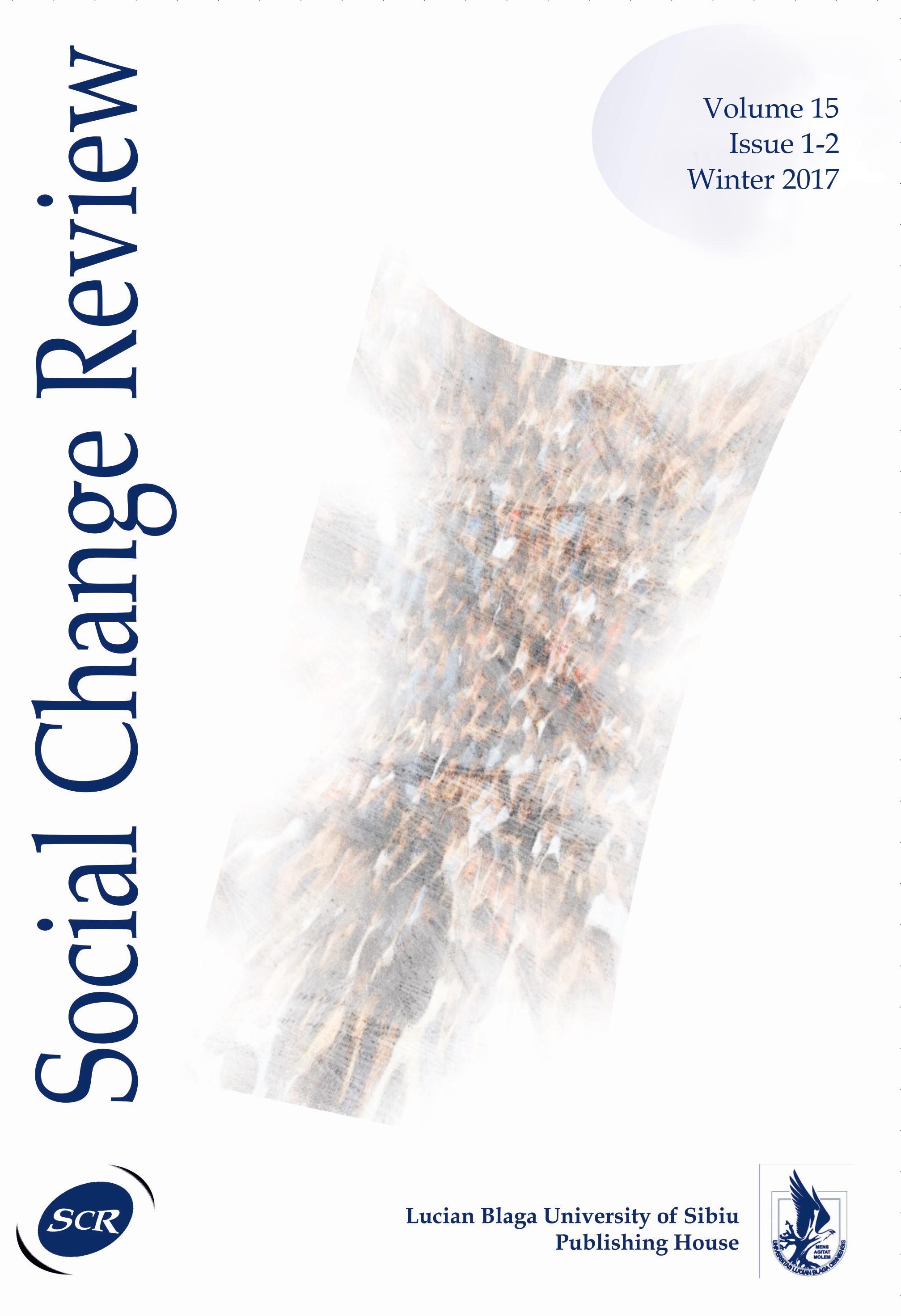Narrative Medicine – the methodology of doctor-patient communication analysis
Narrative Medicine – the methodology of doctor-patient communication analysis
Author(s): Ioana SilistraruSubject(s): Social Sciences, Health and medicine and law
Published by: Editura Universitatii LUCIAN BLAGA din Sibiu
Keywords: Communication; Empathy; Illness; Narrative medicine;
Summary/Abstract: The present paper aims at presenting a non-exhaustive list of methodology instruments for narrative analysis in medical communication. Patient narratives became of more and more importance while evidence-based medicine has created a gap between patients, their illness and their doctors. While being investigated through high-technology instruments used in medicine, the patient vanishes behind the computer screen where his body is analysed based on the biomedical factors. Narrative medicine is defined by one of its founders as the interaction between a health practitioner who doesn’t simply look at diseases, but treats the person who’s suffering from an illness by listening closely to his story (Charon 2001). Therefore, as mentioned by Rita Charon in her works, the doctor-patient interactions are measured considering the effectiveness of medical care. The patient is empowered with medical knowledge related to his illness, transposed into an accessible language. On the other side of the communication spectrum, the doctor reconnects with his patient, manifesting interest on how the patient’s life is affected by illness, not only on how it can be effectively treated. ‘Now, in recent years medical narrative is changing—from the stories about patients and their illnesses, patient narratives and the unfolding and interwoven story between healthcare professionals and patients are both gaining momentum, leading to the creation or defining of narrative-based medicine (NBM).’ (Kalitzkus and Matthiessen 2009). Narrative based medicine is presented to counteract the pitfalls of evidence-based medicine (EBM). NBM can foster a better care while taking into account the patient’s story on the way illness is affecting the quality of his everyday life. The final objective of effective medical care is to alleviate, if not to dismiss completely the illness and the suffering of the patients. 105-128
Journal: Social Change Review
- Issue Year: 15/2017
- Issue No: 1-2
- Page Range: 105-128
- Page Count: 24
- Language: English

